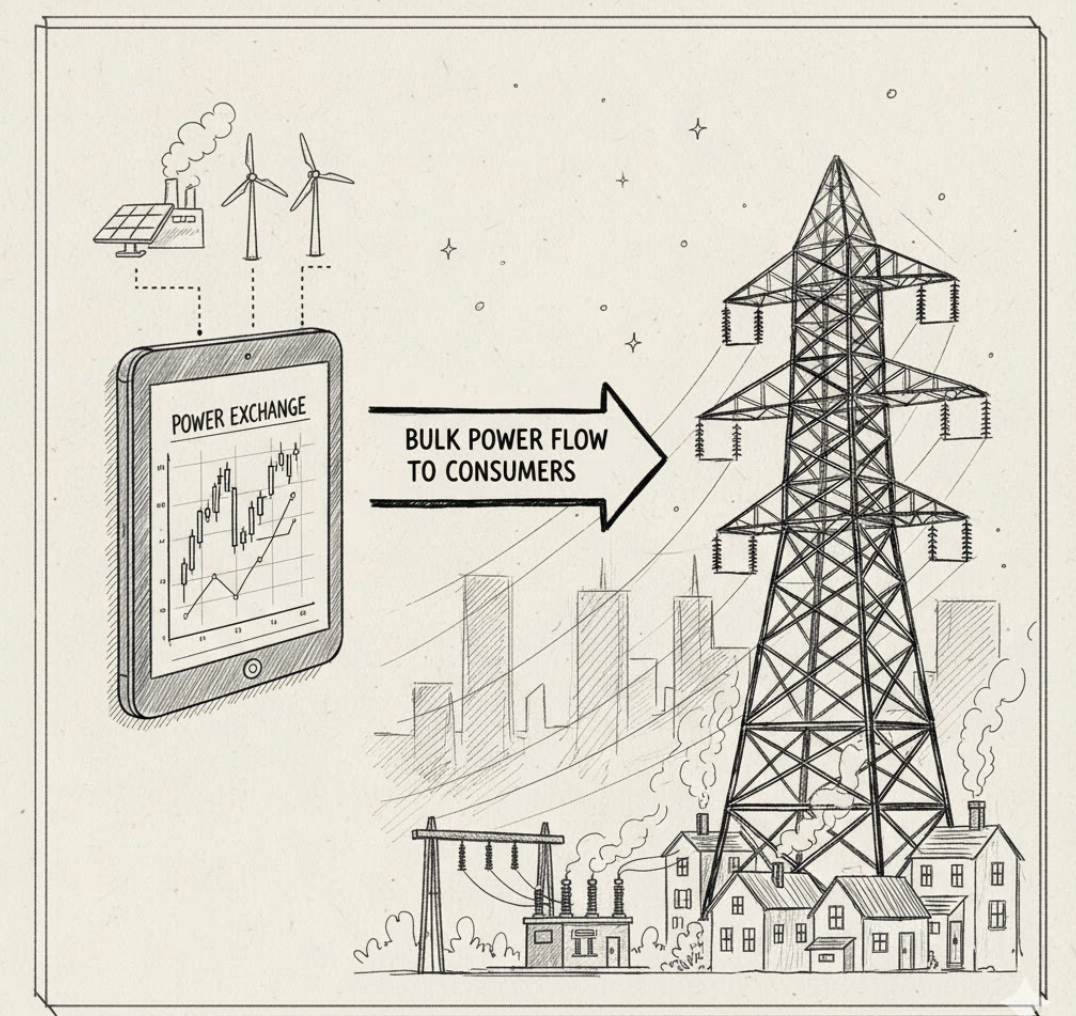
Decoding Your Electricity Bill: An Indian Consumer's Guide
Your monthly electricity bill is more than just the cost of units consumed. It’s a mix of multiple regulatory, operational, and tax charges levied by the Distribution Company (DISCOM) and the State Government. Understanding these components can help you manage your consumption and costs better.
The Major Components of an Indian Electricity Bill
Every electricity bill in India is primarily composed of four main parts:

1. Energy Charge (Variable Charge)
-
What it is: The cost of the actual electricity (units) you consumed during the billing cycle.
-
How it's calculated: Calculated based on the number of units consumed, measured in Kilowatt-hour (kWh).
-
Key Feature: Slab System: This charge uses a progressive slab system (or tiered tariff). The rate per unit increases as your consumption crosses specific thresholds. For example, the first 100 units might be ₹4/unit, the next 100 units might be ₹6/unit, and so on.
2. Fixed Charge / Demand Charge
-
What it is: A compulsory monthly fee charged by the DISCOM to recover the cost of providing and maintaining the infrastructure (wires, poles, meters, transformers, etc.) necessary to supply power to your home, regardless of how much electricity you consume.
-
How it's calculated: It is based on your Sanctioned Load (or Connected Load) in Kilowatts (kW) or sometimes the Maximum Demand (MD) in Kilovolt-Amperes (kVA) for commercial users.
3. Fuel Cost Adjustment Charge (FCA / FPPCA)
-
What it is: This is a fluctuating surcharge added to recover the variable cost of fuel (like coal and gas) used to generate electricity. When the cost of these fuels rises in the market, this charge increases.
-
How it's calculated: It is usually calculated as an extra paisa or rupee per unit consumed (₹/kWh) and is revised periodically (e.g., monthly or quarterly).
4. Taxes, Duties, and Surcharges
-
Electricity Duty (ED): A state-level tax levied on consumption (₹/kWh) or on the total bill amount.
-
Goods and Services Tax (GST): While the consumption of electricity itself is usually exempt, certain services (like meter rent or other minor fees) might include GST.
-
Regulatory Surcharges: Minor charges sometimes levied by the State Regulatory Commission for infrastructure development or specific state funds.

